In today’s world where economies around the globe work in sync and it is very common for foreign companies to capture market share in other countries. Look at India in 2024, which is a big playground for many nations to sell their stuff because it literally is one of the biggest markets in the world with a whole lot of potential. But today, we are going to take a look at particularly the South Korean companies making a big name in India. Yes, there are dozens of them, but here we are to take a look at the top 10 leading South Korean companies in India as of 2024. So, let’s get started with just that, shall we?
1. Samsung Electronics
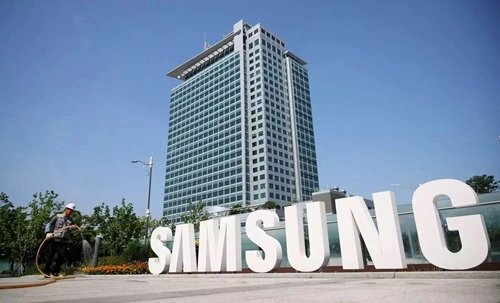
First, and probably one of the most respected South Korean companies in India had to be Samsung, right? But did you know that in 2018, Samsung launched the world’s largest mobile manufacturing factory in Noida? This very move of Samsung very well established India as a manufacturing hub and their first choice, and by 2024, they’re still on top. So, what exactly makes Samsung super famous in India? Well, take for example the Samsung Galaxy S24 series and ‘Bespoke’ AI-powered home appliances that are winning hearts all across, you know? All in all, deep investments in India’s AI and semiconductor sectors show the company’s commitment to tech growth.
2. Hyundai Motors
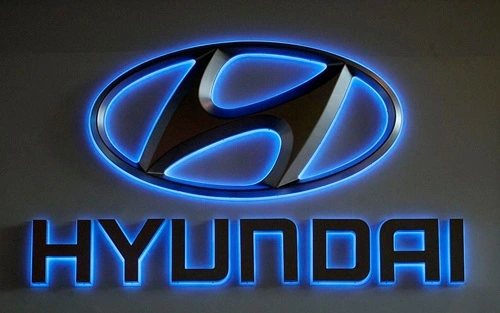
Hyundai cars are literally one of the best-selling ones in India, but did you know that Hyundai Motors actually is a South Korean company? On top of that, did you know that their first-half 2024 sales rose 5.68%? That’s simply because of popular models like the Creta and the new Ioniq 5 EV. Simply put, Hyundai has tiny cars and luxurious SUVs for everyone. All in all, Hyundai cars are techies’ dream with voice-enabled smart sunroofs and powerful driving assistance systems. Indian tech-savvy buyers want experiences, not just automobiles, and that’s what this South Korean car company is offering.
3. LG Electronics

Did you know that recently LG invested $4 million in university student self-laundry facilities in 2024, opening 200 centers by year-end? That’s a very good initiative, and without a doubt, LG has been doing such things for a very long time now. Millions in India see LG as an Indian brand, that’s how reliable this South Korean company is. And yes, LG also invested INR 100 crores in Greater Noida Dual Inverter Air Conditioner compressor manufacture. This boosts India’s ‘Make in India’ effort and LG’s home appliance market leadership even more. All in all, LG’s vast and remarkable product line includes smart TVs and energy-efficient air conditioners, meeting Indian consumers’ changing needs.
4. Kia Motors
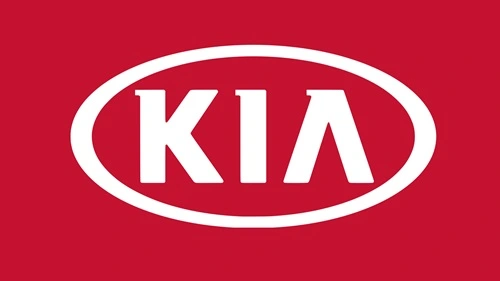
At first, you might react like: Kia? Is that also a South Korean company? Well, it actually is! Talking about something very recent though, well, their 2024 portfolio, including the Sonet makeover and luxury EV9, is attractive. The Sonet stands out in the compact SUV market with Level 1 ADAS and a 10.25-inch digital instrument cluster. Why is Kia super famous in the car scene of India? Well, that’s mainly because of Kia’s mix of inexpensive and luxury vehicles meets Indian buyers’ needs, you know?
5. POSCO
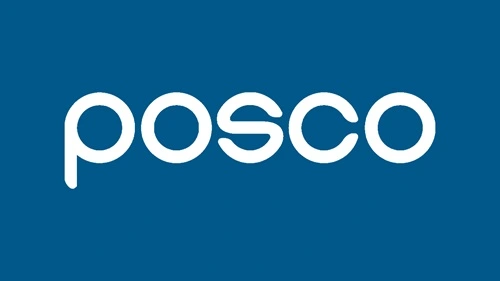
With its 1.8 million-ton Maharashtra Steel factory, POSCO has a major impact on India’s steel industry, that’s for sure. Right here in the country, automotive giants Maruti Suzuki, Hyundai, and Kia depend on them. POSCO may build a $5 billion eco-steel mill in Gujarat with Adani Group. Advanced technologies will be used for sustainable steel manufacturing in this relationship. And yes, POSCO’s planned $12 billion steel factory project in Odisha, one of India’s largest foreign investments, very well aligns with the ‘Make in India’ strategy.
6. Lotte Group
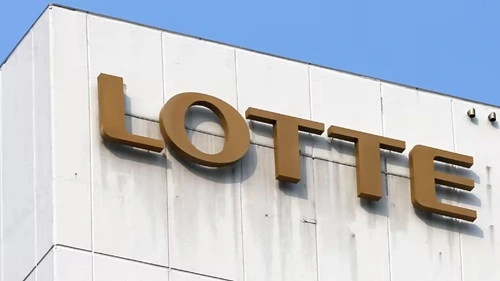
Did you know that in 2017, Lotte Group paid ₹1000 crores to buy Havmor Ice Cream? This was a smart move that put Lotte at the top of India’s growing ice cream market, you know? Right now though, they are spending ₹450 crores to build a new factory in Pune in 2024. All in all, the fact that Lotte makes some of their products in India and sells others from around the world shows that they want to be the leader in the Indian candy market.
7. Doosan Group

Doosan Power Systems India (DPSI) and Doosan Bobcat have made the Doosan Group a major player in India’s power industry. How? Well, over ten supercritical boilers have been put into service by DPSI, showing that they are experts in finding modern power options. Doosan’s work on the Obra C and Jawaharpur plants for JVUNL and UPRVUNL, in particular, shows how good they are at ultra-supercritical technology.
8. SK Telecom
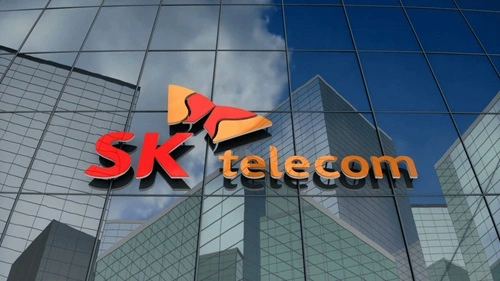
India’s phone service is changing drastically thanks to SK Telecom’s partnership with Bharti Airtel, did you know that already? All in all, this partnership aims to greatly improve Airtel’s infrastructure by using SK Telecom’s knowledge of network technology. They are focused on making custom software and using machine learning and big data to improve the quality of the network. And yes, SK Telecom is also in charge of developing 5G in India, making sure that the country keeps up with technological progress around the world.
9. Hankook Tire

In India, Hankook Tire is now known for making high-performance tires, and some of their most famous types are the Dynapro and Ventus, which are known for lasting a long time and having great grip, that’s for sure. Hankook’s iON line, which is made for high-end cars like Porsche, BMW, and Tesla, is a great example of their innovative thinking in the EV market. That’s probably why Hankook’s operating profit increased by 108.8% from the previous year to 2024.
10. Krafton in India

Remember the craze for PUBG in India? Yes, that very game was actually developed by Krafton, which again is a South Korean company. But since PUBG is banned in India, the BGMI (Indian version of PUBG) is keeping gamers thrilled. And that’s the very reason why Krafton goes big on e-sports events like the Battlegrounds Mobile India Pro Series, you know?
Conclusion
That’s all for now. And yes, it is possible that you are already familiar with some or maybe all of these companies because they have literally captured a big market share in their respective niche or sectors. Ultimately, it is actually a good thing for the Indian economy too because it drives foreign investment, which is always good.